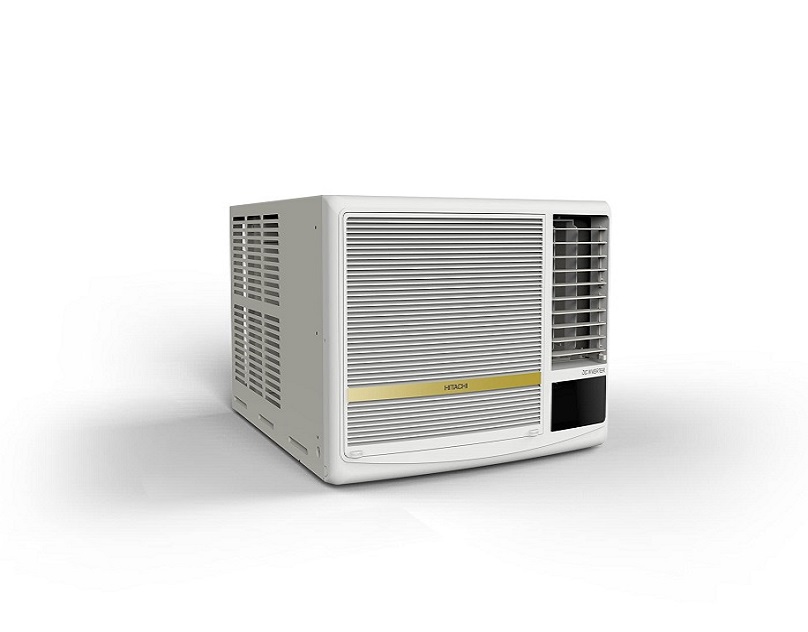Mastering Life with Narcolepsy: Expert Tips for a Fulfilling Lifestyle

Understanding Narcolepsy: A Comprehensive Overview
Narcolepsy is a neurological disorder characterized by excessive daytime sleepiness (EDS), sudden loss of muscle tone (cataplexy), hallucinations, and sleep paralysis. Despite being a chronic condition, individuals with narcolepsy can lead fulfilling lives with proper management and support.
Recognizing the Signs and Symptoms
Recognizing the signs and symptoms of narcolepsy is crucial for early diagnosis and intervention. Common symptoms include:
- Excessive Daytime Sleepiness (EDS): Individuals with narcolepsy often experience overwhelming daytime drowsiness, regardless of how much sleep they get at night.
- Cataplexy: Sudden episodes of muscle weakness or loss of muscle control, usually triggered by strong emotions such as laughter, surprise, or anger.
- Sleep Paralysis: A temporary inability to move or speak while falling asleep or waking up.
- Hallucinations: Vivid and often frightening experiences that occur when falling asleep (hypnagogic hallucinations) or waking up (hypnopompic hallucinations).
Diagnosis and Treatment Options

Diagnosing narcolepsy typically involves a combination of medical history evaluation, physical examination, and sleep studies (polysomnography and multiple sleep latency tests). Once diagnosed, treatment options may include:
- Medications: Stimulants such as modafinil and armodafinil can help alleviate daytime sleepiness, while antidepressants like selective serotonin reuptake inhibitors (SSRIs) or serotonin-norepinephrine reuptake inhibitors (SNRIs) may be prescribed to manage cataplexy and other symptoms.
- Lifestyle Modifications: Establishing healthy sleep habits, including maintaining a consistent sleep schedule, avoiding caffeine and heavy meals close to bedtime, and creating a conducive sleep environment can significantly improve symptoms.
- Behavioral Therapy: Cognitive-behavioral therapy (CBT) and sleep hygiene education can help individuals with narcolepsy cope with symptoms and manage stress more effectively.
Coping Strategies for Living with Narcolepsy
Living with narcolepsy can present unique challenges, but with the right strategies and support, individuals can lead fulfilling lives. Here are some expert tips for mastering life with narcolepsy:
Prioritize Sleep Hygiene
Maintaining good sleep hygiene is essential for managing narcolepsy symptoms. This includes:
- Establishing a Consistent Sleep Schedule: Going to bed and waking up at the same time every day, even on weekends, helps regulate the body’s internal clock and promotes better sleep quality.
- Creating a Relaxing Sleep Environment: Keep your bedroom dark, quiet, and cool to optimize sleep conditions. Invest in a comfortable mattress and pillows to enhance sleep comfort.
- Limiting Stimulants: Minimize caffeine and alcohol intake, especially in the hours leading up to bedtime, as they can disrupt sleep patterns and exacerbate narcolepsy symptoms.
Stay Active and Engaged

Regular physical activity not only promotes overall health but also helps alleviate narcolepsy symptoms by improving mood and reducing daytime sleepiness. Incorporate activities you enjoy into your daily routine, such as walking, swimming, or yoga, to stay active and engaged.
Manage Stress Effectively
Stress can exacerbate narcolepsy symptoms and disrupt sleep patterns, so it’s essential to prioritize stress management techniques such as:
- Mindfulness and Meditation: Practice mindfulness meditation or deep breathing exercises to promote relaxation and reduce stress levels.
- Time Management: Break tasks into manageable chunks and prioritize essential activities to avoid feeling overwhelmed. Delegate tasks when possible and learn to say no to unnecessary commitments.
- Seeking Support: Don’t hesitate to reach out to friends, family members, or support groups for emotional support and encouragement. Sharing experiences with others who understand can be incredibly validating and empowering.
Educate Yourself and Others
Understanding narcolepsy and its impact can help you advocate for yourself and educate others. Stay informed about the latest research and treatment options, and don’t be afraid to speak openly about your experiences with narcolepsy to raise awareness and reduce stigma.
Understanding Narcolepsy Triggers
Narcolepsy triggers are factors that can exacerbate symptoms or induce sudden sleep episodes in individuals with the condition. These triggers can vary from person to person, but common ones include:
Stress
Stress is a major trigger for narcolepsy symptoms. High levels of stress can disrupt sleep patterns and increase daytime sleepiness, making it challenging for individuals with narcolepsy to stay awake and alert during the day.
Sleep Deprivation
Lack of sufficient sleep or poor sleep quality can worsen narcolepsy symptoms. Individuals with narcolepsy often experience disrupted nocturnal sleep, leading to excessive daytime sleepiness and an increased risk of sleep attacks.
Emotional Disturbances
Strong emotions such as excitement, laughter, or anger can trigger cataplexy episodes in individuals with narcolepsy. Cataplexy is characterized by sudden muscle weakness or paralysis, often triggered by intense emotions.
Irregular Sleep Schedule
Maintaining a regular sleep schedule is crucial for managing narcolepsy symptoms. Disruptions to sleep patterns, such as irregular bedtimes or shift work, can exacerbate daytime sleepiness and increase the frequency of sleep attacks.
Stimulants and Alcohol
Certain substances, such as caffeine, nicotine, and alcohol, can worsen narcolepsy symptoms. While stimulants like caffeine may provide temporary relief from sleepiness, they can also disrupt sleep patterns and lead to rebound fatigue.
Strategies for Managing Narcolepsy Triggers
Establish a Consistent Sleep Routine
Maintaining a regular sleep schedule is essential for individuals with narcolepsy. Aim to go to bed and wake up at the same time every day, even on weekends. Avoid napping excessively during the day to promote better nighttime sleep.
Practice Stress Management Techniques
Stress management techniques such as deep breathing, meditation, or yoga can help reduce stress levels and improve sleep quality in individuals with narcolepsy. Engaging in regular physical activity can also help alleviate stress and promote better sleep.
Limit Stimulant Intake
Limiting or avoiding stimulants such as caffeine and nicotine can help prevent exacerbation of narcolepsy symptoms. Instead, opt for caffeine-free beverages and focus on maintaining a balanced diet and staying hydrated throughout the day.
Create a Sleep-Friendly Environment
Make your bedroom conducive to sleep by ensuring it is dark, quiet, and comfortable. Use blackout curtains or eye masks to block out light, and consider using white noise machines or earplugs to mask any disruptive noises.
Seek Support
Joining a support group or seeking therapy can be beneficial for individuals with narcolepsy. Connecting with others who understand your condition can provide valuable emotional support and coping strategies for managing symptoms.
Consider Medication Options
Consult with a healthcare professional to explore medication options for managing narcolepsy symptoms. Medications such as stimulants, antidepressants, or sodium oxybate may be prescribed to help alleviate excessive daytime sleepiness, cataplexy, or other symptoms.
Conclusion
While narcolepsy presents unique challenges, it is possible to lead a fulfilling life with proper management and support. By prioritizing sleep hygiene, staying active and engaged, managing stress effectively, and advocating for yourself, you can master life with narcolepsy and thrive.











